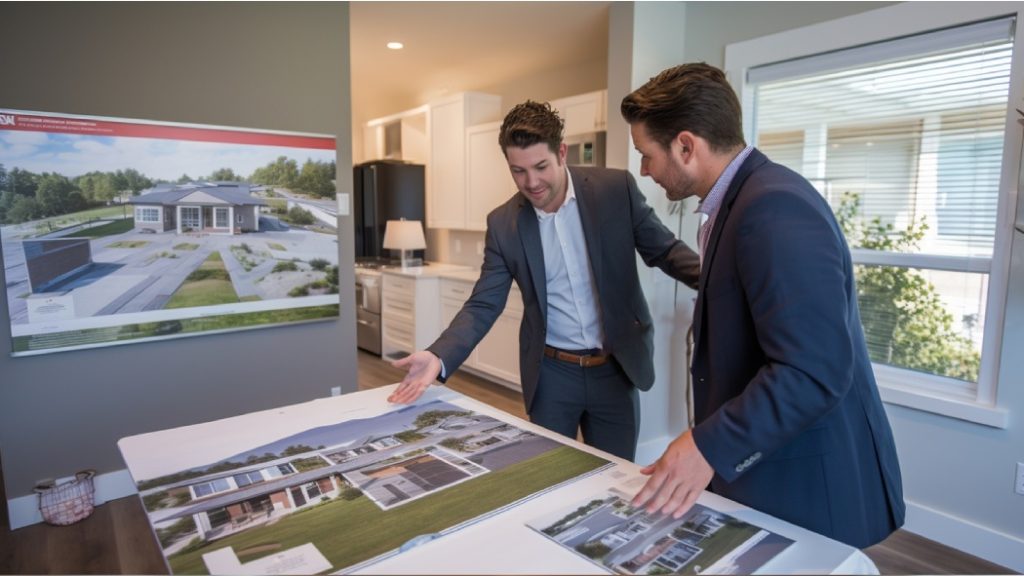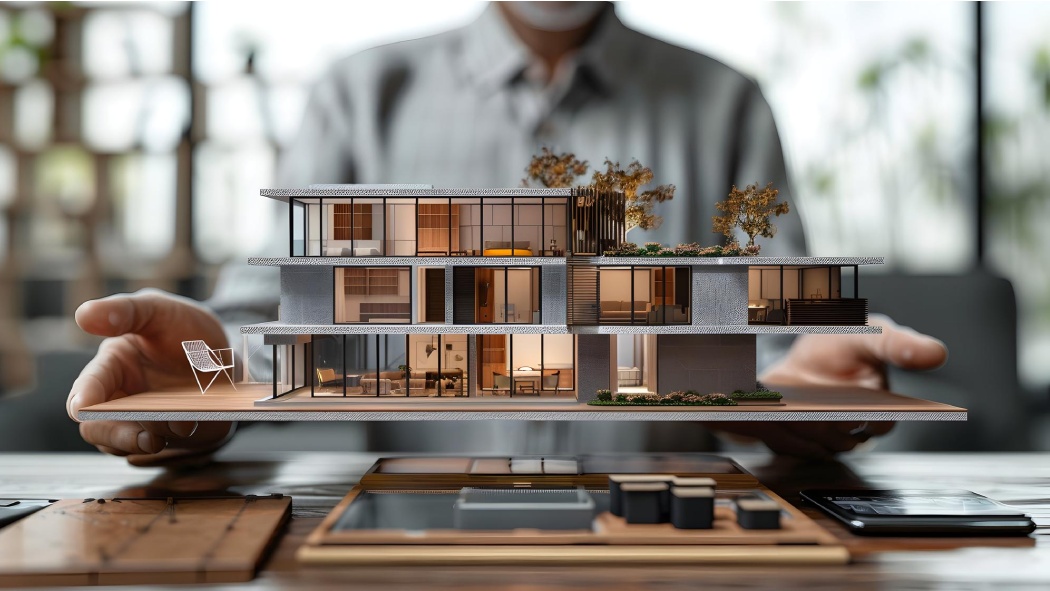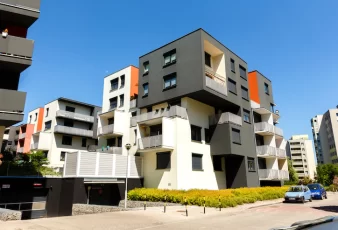The residential management industry is rapidly evolving, with new challenges and opportunities. Property managers must stay at the forefront of trends to maximize the efficiency and profitability of their properties.
Moreover, they can ensure they remain competitive and attractive to tenants by exploring the latest innovations and best practices.
In this article, we will discover the key trends shaping the success of today’s residential management.
The Key Trends In A Thriving Residential Management

The property management has undergone a massive transformation in the past few years. From technological innovation to inflation, each component has dramatically impacted the new property management landscape.
Moreover, in 2024, it has become necessary for businesses and stakeholders to stay ahead of the competition and achieve growth opportunities.
In the following section, we will explore the new trends playing a massive role in making residential management more successful.
The Rise of Smart Technologies
The digital age is transforming every aspect of our lives, and residential management is no exception. Smart technologies, such as home automation systems and the Internet of Things (IoT), allow for more efficient property management.
Home Automation Systems
Firstly, home automation systems offer property managers remote control over equipment. Adjusting heating, monitoring security, and even managing lighting can be done from a smartphone. This not only increases energy efficiency but also enhances the tenant experience.
The Internet of Things
Secondly, IoT allows devices to interact with each other without human intervention. Sensors can monitor energy consumption, detect water leaks, and even manage access. These technologies help avoid costly breakdowns and offer predictive maintenance.
Personalized Services
Personalized services range from furnishing options to concierge services. Through data analysis, managers can predict and respond to tenant needs, increasing their satisfaction and loyalty.
Flexible Leases Lease flexibility is becoming a significant trend. Furthermore, offering short-term leases or co-living options can attract a more diverse tenant population, including young professionals and students.
This is particularly vital for properties managed through Airbnb host management services, which often need to cater to a varied clientele.
Personalizing the Tenant Experience
Tenant expectations are evolving, and they seek personalized experiences. Managers must understand the specific needs of tenants and tailor their offerings accordingly.
The Importance of Environmental Sustainability
Sustainability is no longer just an option but a necessity. Tenants are increasingly aware of the environmental impact of their lifestyle and seek eco-friendly housing.
More and more managers are investing in renewable energy sources like solar panels. They consider this part of their renewable energy and energy efficiency practices.
Improving the energy efficiency of buildings also helps them to reduce operating costs. Moreover, it attracts environmentally conscious tenants.
Green Certification Certifications like LEED (Leadership in Energy and Environmental Design) add value to properties. They ensure that buildings meet high environmental standards, which can attract a broader market segment.
As we all know, sustainability is a massive trend in almost all industries. The initiative not only helps reduce the environmental impact, but the property owners and buyers have also been able to save costs.
Apart from businesses, consumers are also concerned about sustainability initiatives. Thus, it has been appealing to environment-conscious consumers. They are ready to spend their earnings on things that align with their values.
In this way, there are some critical trends in residential management, which include:
- Making a habit of using energy-efficient appliances.
- Using sustainable and recyclable materials in building properties.
- Installing fixtures that can easily conserve water.
- Providing competent and recyclable facilities for the tenants.
Tenant Health and Well-Being
The COVID-19 pandemic has highlighted the importance of health and well-being. Residential managers must integrate health and safety measures to address these concerns.
Common Areas and Air Quality Management Investing in well-designed common areas and monitoring indoor air quality have become priorities. Air purification systems and non-toxic materials contribute to creating healthier environments.
Wellness Amenities Offering wellness-focused amenities, such as gyms, green spaces, and spa facilities, enhances the appeal of residences. These amenities can make a difference for potential tenants looking for a healthy living space.
Transparency and Communication
Transparent communication is essential to establish and maintain trust with tenants. Managers need to be accessible and responsive to all requests and concerns.
Communication Platforms Using centralized platforms that allow tenants to submit maintenance requests, pay rent, and communicate with management simplifies the process. This creates a sense of responsiveness and efficiency.
Feedback and Continuous Improvement Regularly collecting feedback and using it to improve services and amenities is crucial. A proactive approach helps resolve issues before they become complaints.
Artificial intelligence
The entire world is currently talking about artificial intelligence and its benefits. Many industries are taking advantage of it, and residential management is no different.
AI or artificial intelligence is considered a valuable tool that property managers can possibly use in various residential management functions.
With AI, you can:
- Easily optimize a process
- Perform decision-making
- improve customer experience.
On the other hand, property managers integrate AI to:
- Keep track of the property lifespan
- Predict all kinds of maintenance needs and necessities.
- Closely monitor the overall market fluctuations
- Provide virtual assistance as well as chatbot services,
- Analyze and optimize all energy usage.
Conclusion
In this blog, we have already covered the major trends of residential management in 2024. So, what is the key takeaway?
The key trends of residential management are providing better adaptability and better customer service, as well as increasing overall efficiency. These factors will be responsible for shaping residential management companies in the coming years.
Success in residential management relies on adapting to technological trends, personalization, sustainability, tenant well-being, and transparent communication.
Staying informed and adapting to these trends can create more attractive and profitable living environments.
For more advice and property management services, explore what the market has to offer. Taking steps toward modern and sustainable management practices can ensure lasting success and increased tenant satisfaction.
Additional Reading:




























